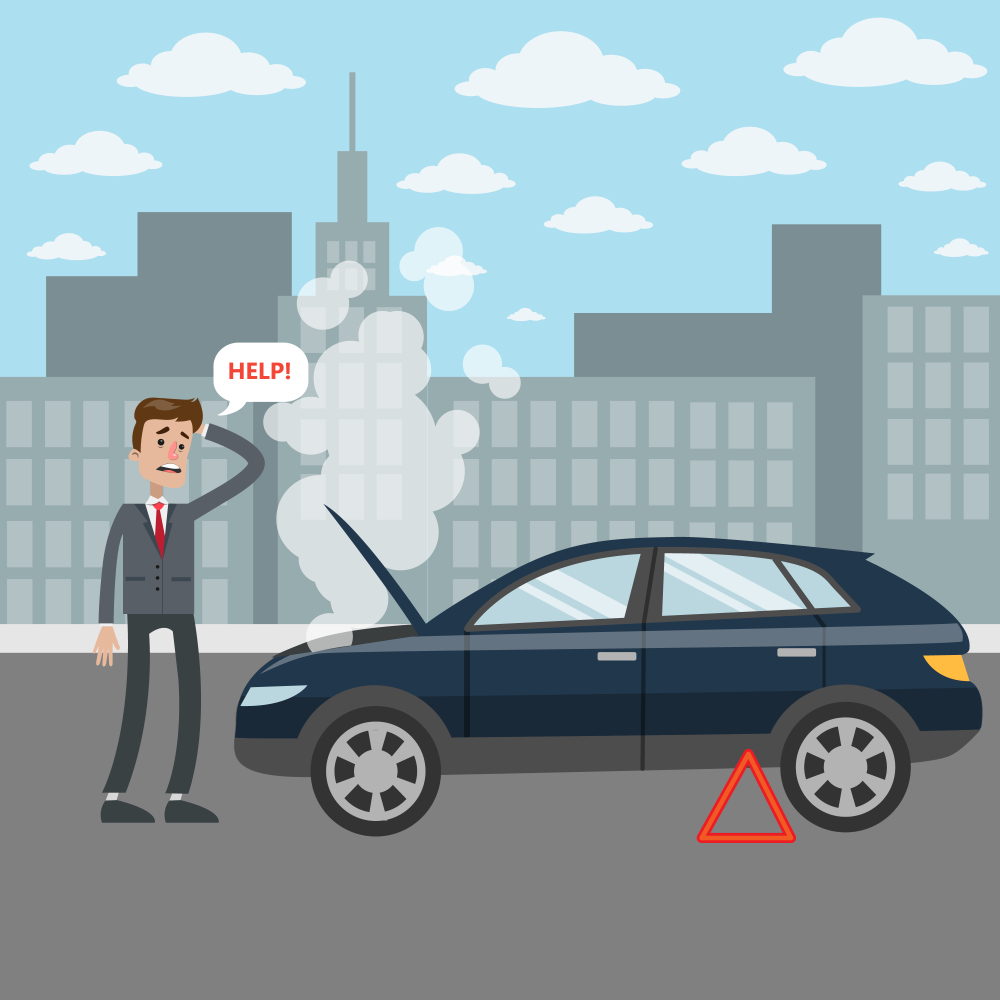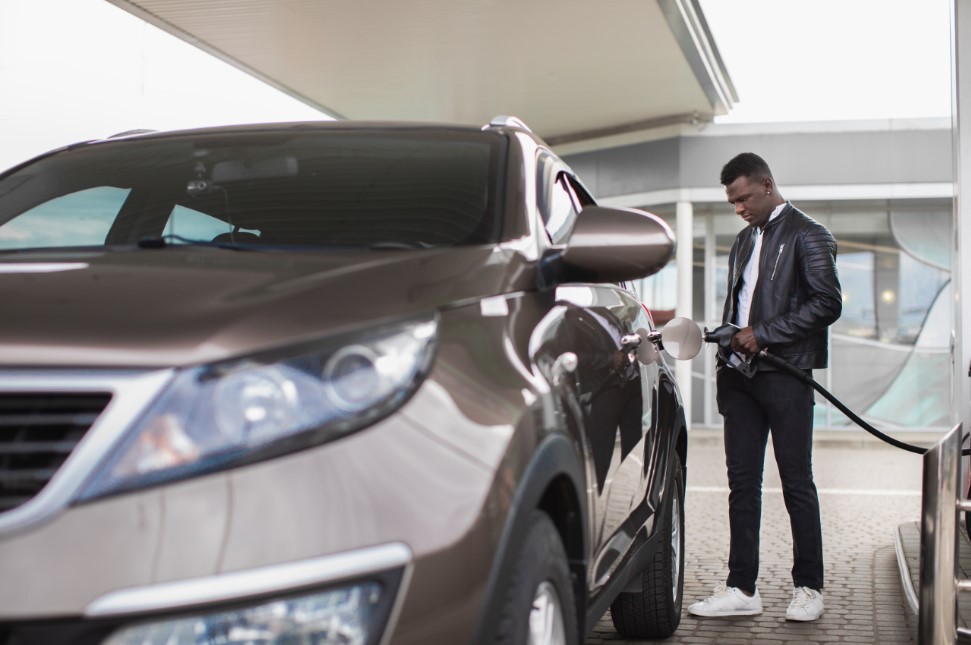Four Common Issues with Your Cooling System

Have you ever stood next to your car while it's running and felt hot air coming from the engine area? It’s pretty similar to what you feel when you open your oven to see how that turkey is coming along. Why does a car engine get so hot? Your vehicle’s engine uses an internal combustion process that causes a mixture of gasoline and air to literally explode inside your engine cylinders. The resulting force pushes on the piston, sending your car forward. When these small explosions occur it produces a lot of heat, so there’s no wonder why thousands of explosions in your engine will cause a lot of heat buildup over time.
If too much heat builds up in your engine, the metal the block is made from will begin to crack or even collapse, and your engine could come to a screeching halt. This will leave you with a car that’ll desperately need a new engine. Having a good, working cooling system is so critically important to a healthy car!
Most Common Cooling System Problems
Unfortunately, just like every other system in your car, your cooling system isn’t immune to problems. Cooling system problems commonly snowball, causing several other problems for your engine, and possibly ruining your car for good.
In order to prevent further damage caused by a bad cooling system, it’s important to be able to recognize the signs of a cooling system problem. The four common problems with cooling systems we will cover on our blog include:
- Water pump failure
- Leaky radiator hoses
- Radiator leaks
- Thermostat failures
If you notice any of these issues, it’s imperative to bring your car to a local auto mechanic as soon as possible to explore solutions.
1. Water Pump Failure
Because your engine is located beneath a giant metal hood for better aerodynamics and fuel efficiency, it can’t rely on airflow to stay cool. Instead, it uses liquid cooling in the form of water flowing through a series of hoses to reduce the heat – this process takes place in your cooling system.
The water circulates through your cooling system using a device known as a water pump, which is powered by a pulley system turned by your serpentine belt. If this pump fails the water can’t flow through your engine’s cooling system, and your engine will quickly overheat. A pump replacement will be needed to get things running smoothly again.
2. Leaky Radiator Hoses
Water is able to flow through and cool your engine via a series of hoses. Over time, these hoses can harden, crack, and spring a leak that must be repaired immediately. A leak will not only cause your cooling system’s fluid levels to be lower than required, but also the water will not have the needed pressure to complete its full cycle, leaving parts of your engine without the proper cooling. This can quickly lead to overheating.
The damage doesn’t stop there. As the water in these hoses heats up and expands, the leak can become worse, allowing the water to drain much more quickly. Radiator hoses become more and more likely to leak as they age, so be sure to change them every four years or so to prevent leaks.
3. Radiator Leaks
Your radiator is a large grid located just behind the front grill of your car. Using airflow while driving, your radiator serves as a place for the heated water to cool before returning to the cooling system. While leaks may occur in the hoses, leaks can also occur in the radiator grid itself, causing a decrease of pressure and affecting its overall ability to cool your engine. If your radiator’s water level drops, it will cause your engine to overheat completely.
Many times, these leaks - like the ones found on hoses - can be fixed, but if something like a large rock has put a hole through your radiator, you’ll probably have to replace it.
4. Thermostat Failure
Your thermostat is responsible for regulating the temperature of your engine, allowing a certain amount of coolant to flow through your radiator. When your engine is hot, the thermostat opens wide for maximum cooling, and when your engine is cold the thermostat remains closed, which then allows your engine to warm up to its optimal temperature faster.
A failed thermostat in your cooling system may not open at all, preventing the heat from dissipating and resulting in a system that is just too hot.
Bring Your Car into Your Trusted Auto Shop to Fix Your Cooling System Issues
When your car has a cooling system problem, getting it fixed quickly should be your number one priority, as engine repairs and major rebuilds cost drivers thousands of dollars annually. Preventive maintenance can go a long way for your cooling system and ensure you’re getting the longest use of your vehicle.
At Christian Brothers Automotive, repairing your cooling system is just one of our many services. For over 30 years, we’ve strived to make getting the car care you need as simple as possible, and our honest, friendly technicians can advise you on the best possible repairs to keep your car on the road and running safely. This is one of the ways we are Driving Joy.
Be sure to locate your neighborhood’s Christian Brothers Automotive repair shop and reach out online or over the phone to schedule your visit!


[1].jpg)
Sunwash-Tech-with-Customer.jpg)

